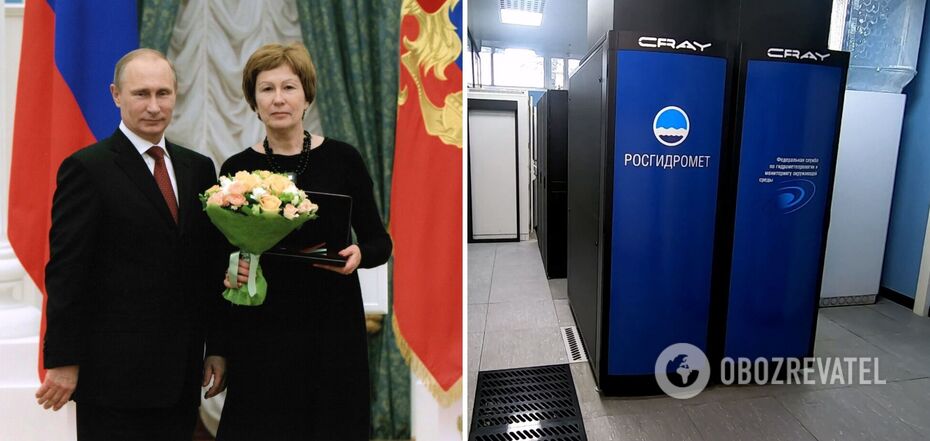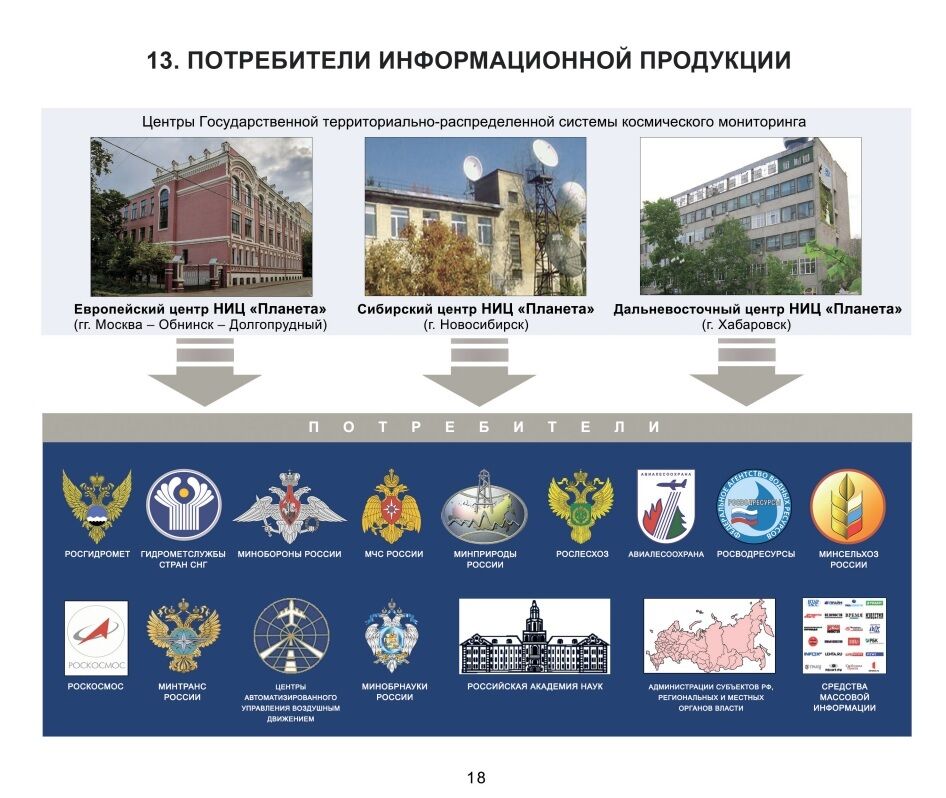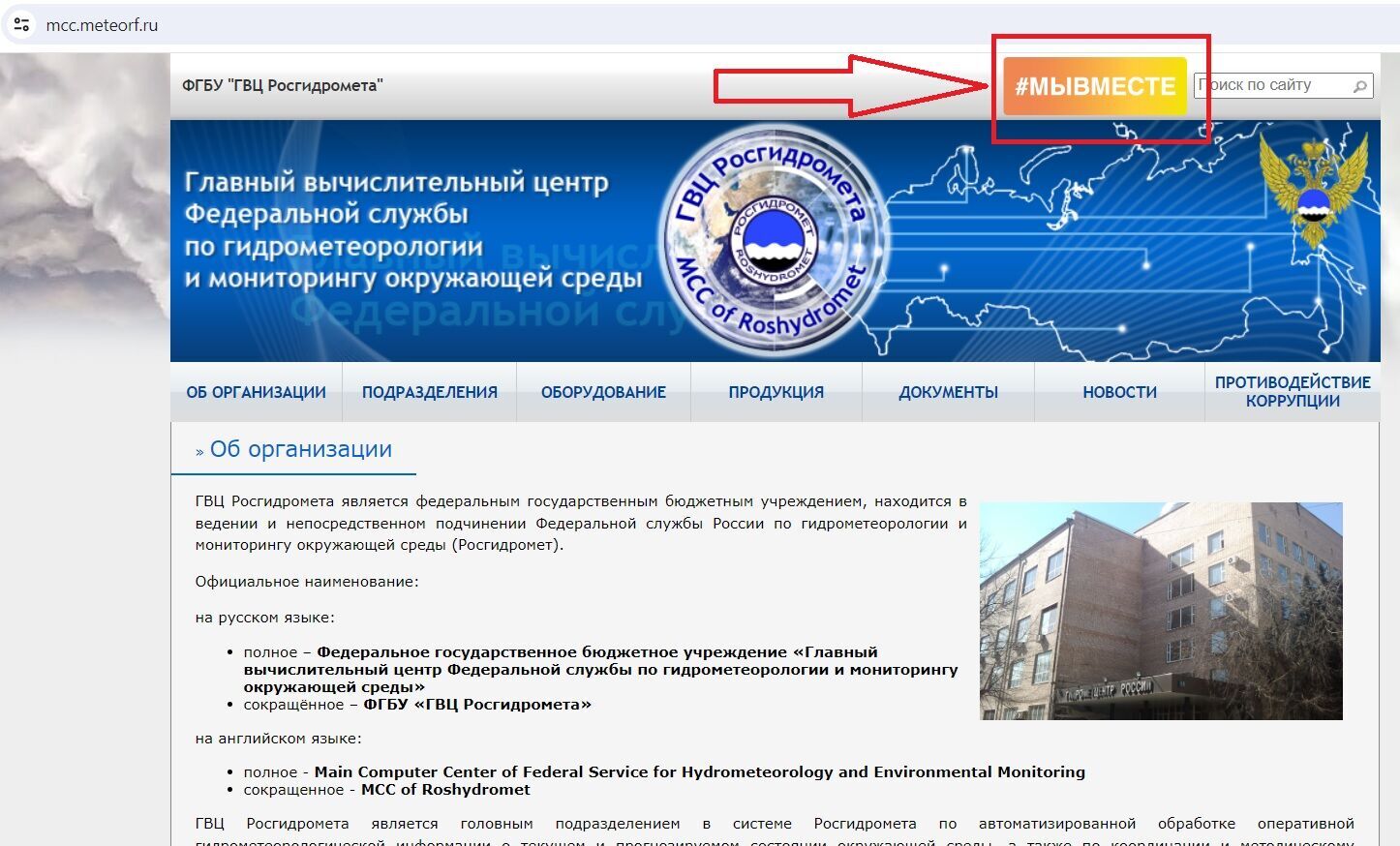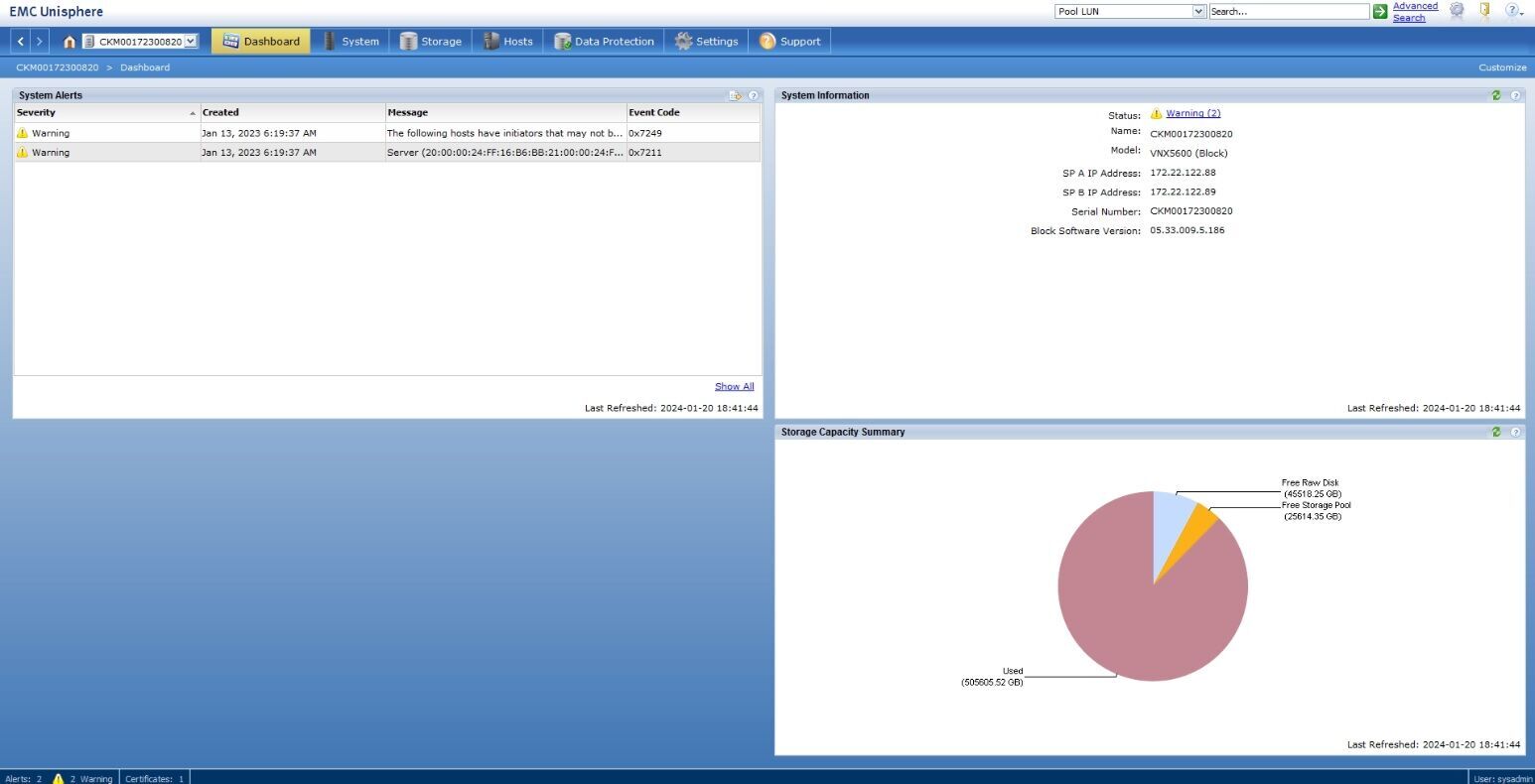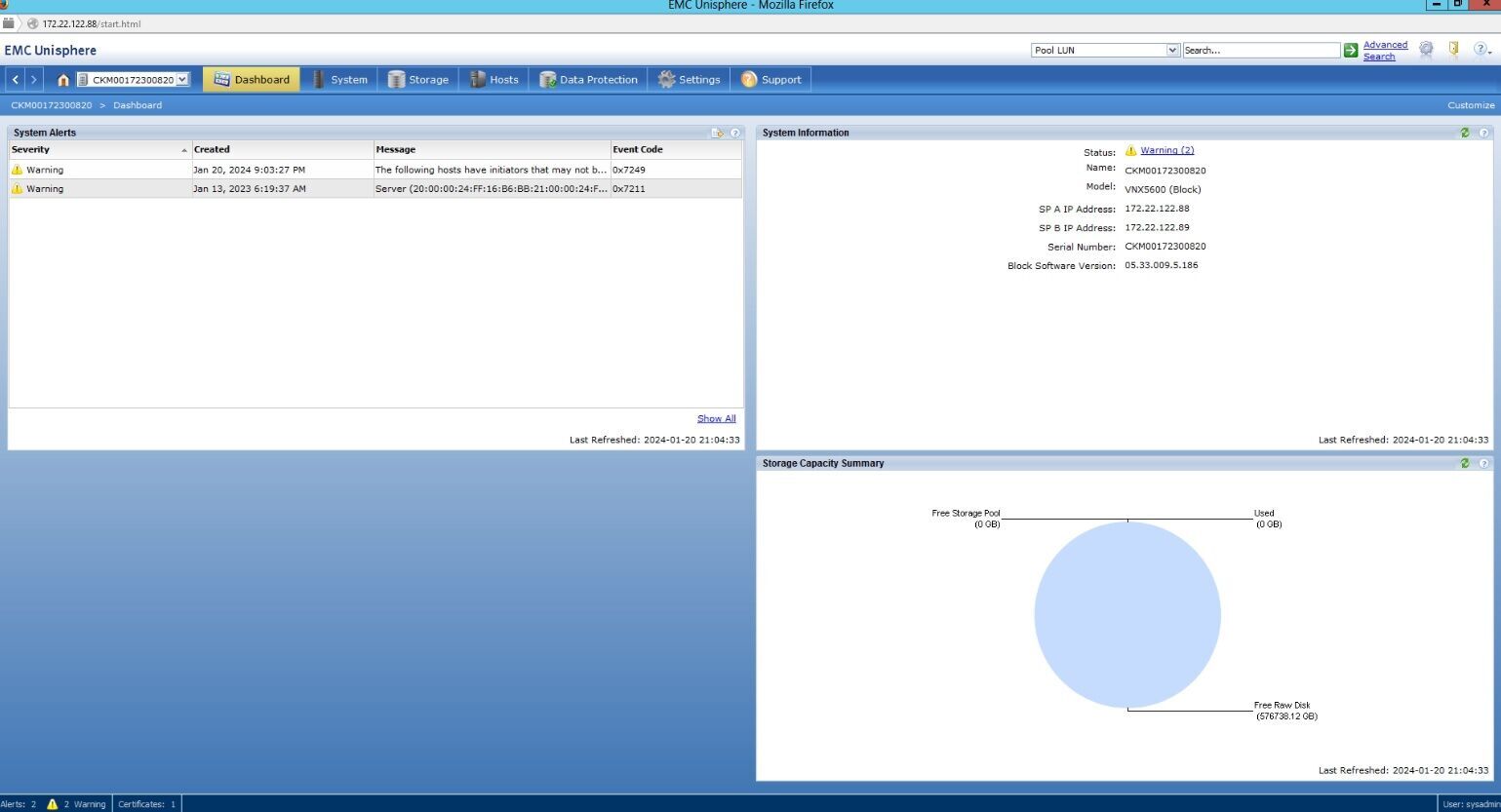War in Ukraine
Russian largest research center for space hydrometeorology hacked: unprecedented data set destroyed
Ukrainian hackers have hacked Planeta, the largest of Russia's three research centers for space hydrometeorology. As a result, an unprecedented amount of information was destroyed, including unique research accumulated over the years, as well as meteorological and satellite data used by the Russian Ministry of Defense, Roscosmos, and other structures of the aggressor country.
The Planet database was attacked by BO Team hackers. This was reported to OBOZ.UA by representatives of the group on January 23. In this way, a significant blow was dealt to the direct consumers of the Far Eastern research center: the Russian Ministry of Defense and General Staff, the Emergency Situations Ministry, the Russian Northern Fleet, etc.
According to the hackers, the hacking of the Planeta database will also affect the financing of the war against Ukraine. After all, almost from the very beginning of the invasion, this institution, has been actively helping both the Russian military and their families through the main computing center of the Federal Hydrometeorological Service.
Having quietly gained initial access to two of Planeta's servers, the hackers attacked all of its devices and services. As a result, in a short time, an unprecedented amount of information was destroyed: a total of about 2 petabytes, or about 2 million gigabytes of data, BO Team said.
"Even the much-hyped Kaspersky antivirus, which was installed on all of its servers, did not help the company! Among them are meteorological and satellite data that had been actively used by the Ministry of Defense and the Ministry of Emergency Situations, Roscosmos, and many other leading agencies of the aggressor country. Unique research developed over the years was also destroyed," the hackers said.
The cyberattack also paralyzed supercomputers with the LUSTRE file system and about 60 computing nodes. The estimated cost of such a PC and software is 350 thousand dollars, but the Russians will face more that just a financial problem in restoring it. Cray is a product of licensed production by one of the leading US companies, and in the face of severe sanctions on the supply of software from the US to Russia, the likelihood of a full recovery is reduced to zero, the hackers said.
In addition, they managed to completely cut off the Arctic station on Bolshevik Island, which performs extremely important tasks for a comprehensive study of the high-latitude Arctic environment in a changing climate. The station conducts large-scale research on the atmosphere, ice cover, oceanographic, ecological, microbiological and even ornithological studies.
The attack also targeted data warehouses, mail servers, network devices, air conditioning and humidification systems, emergency power supply systems, and the Zabbix monitoring system server.
In total, more than 280 servers involved in the general network were completely destroyed, the BO Team reported.
"As a result of the bold cyber operation, according to several independent foreign specialized experts, the total cost of the lost information, given its uniqueness, long time of collection and generalization, may be at least more than $10 million. And this is not taking into account the physical damage to a number of critical systems of the Far Eastern center of the Planet," the hackers said.
The accurate work of the Ukrainian hackers left no hope for even partial recovery of the destroyed data, BO Team noted.
As a result, dozens of Russian strategic campaigns that work for the "defense" of the aggressor country and play a key role in supporting its troops will remain without critical information and services for a long time.
"Therefore, the Ukrainian hackers in the enemy's Far Eastern rear will soon become a good ally of Ukrainians directly on the battlefield, significantly reducing the enemy's combat capabilities," the hackers say.
What is known about the Planeta Research Center
The Far Eastern Center of the federal state budgetary institution Planeta Research Center for Space Hydrometeorology (Planeta RDC) is the leading organization in the Far East for the operation and development of Earth observation systems from space.
It is the largest of the three regional branches in the Planeta structure. The main activity is receiving and processing data from Russian and foreign satellites. The main task is to provide Roshydromet and other ministries and departments of the Russian Federation with operational satellite imagery and thematic products for hydrometeorological, natural resource and oceanographic purposes.
Planeta works with more than 50 regular consumers of remote sensing data. Among them are, first of all, units of the Russian Ministry of Defense and General Staff (including the Northern Fleet), Russian Emergencies Ministry services, and operational and research organizations.
Only verified information is available on OBOZ.UA Telegram and Viber. Do not fall for fakes!


